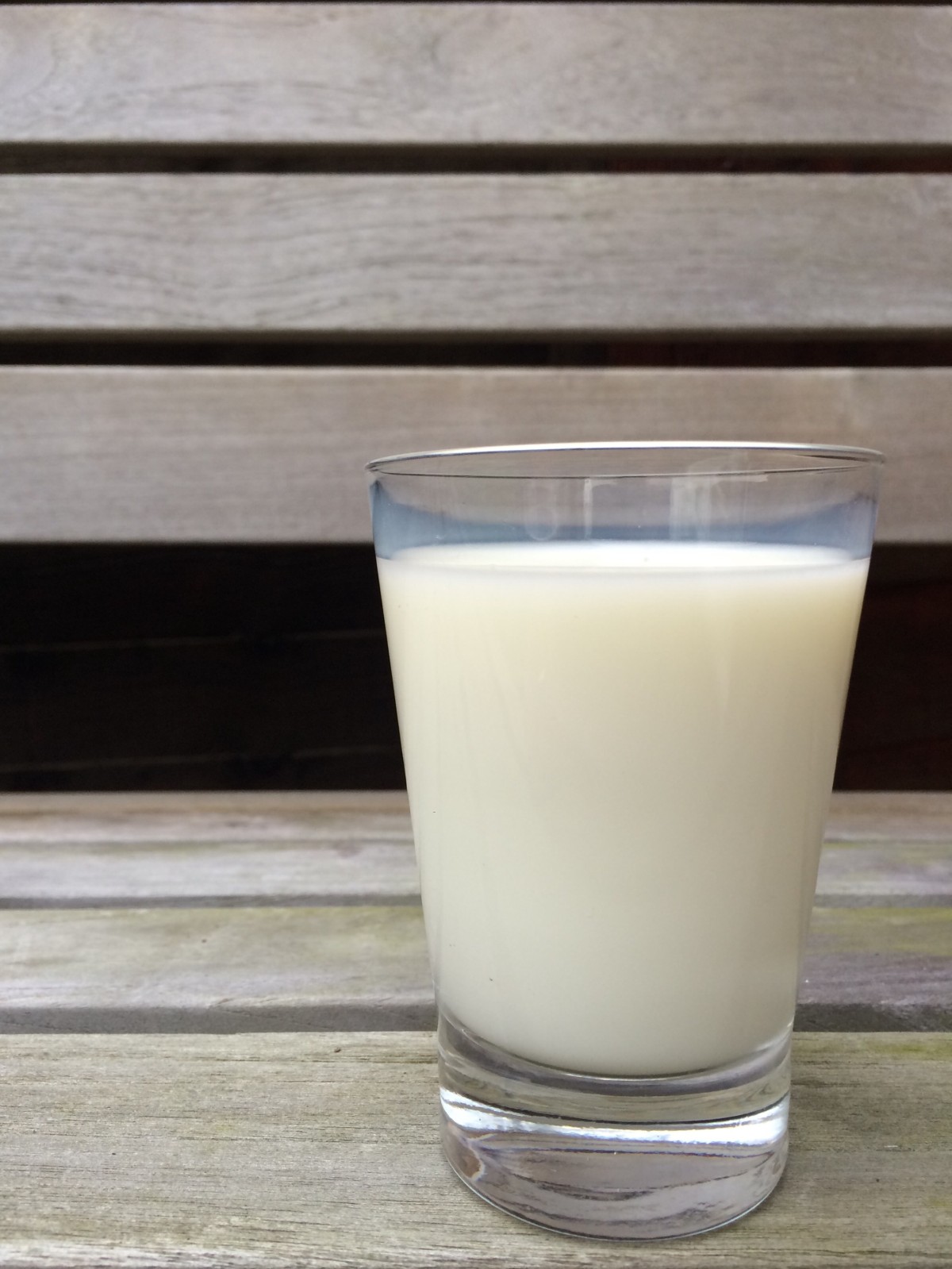Naomi and I were on our way to Salisbury this afternoon with our daughter, when we suddenly had to come to a stop on the B3079. We realised that, a few cars ahead, a cow had come into the road. With its friends, the cow waited patiently until it was ready to move on. It reminded us that over the last few weeks, cows have been ‘wandering’ into places they’re not usually found – namely, supermarkets! Farmers for Action, a campaign group, organised a number of actions which drew significant media attention. These, alongside the negotiations, put sufficient pressure to get Asda, Morrisons and Aldi to agree to increase the amount they pay for milk, linking it to the cost of production.
 In our pamphlet Marching Towards Justice: Community Organising and The Salvation Army, we describe public actions as being essential for seeking justice. Without it, the other ingredients that we discuss (visitation, power analysis, and leadership development) become neutralised for the purpose of changing the world from the way it is to the way it should be. The public actions by the Farmers for Action are great examples of how it can and should be done. Here’s why:
In our pamphlet Marching Towards Justice: Community Organising and The Salvation Army, we describe public actions as being essential for seeking justice. Without it, the other ingredients that we discuss (visitation, power analysis, and leadership development) become neutralised for the purpose of changing the world from the way it is to the way it should be. The public actions by the Farmers for Action are great examples of how it can and should be done. Here’s why:
- The farmers got a win: one of the mantras of community organising is that ‘the action is in the reaction’. One of the most obvious reactions to the farmers’ actions is that three supermarkets made commitments to increase what they will pay to farmers. Another reaction is the media – cows going through supermarkets was covered by most of the major news outlets – BBC, ITV, Sky News, Reuters, Guardian, Telegraph, Daily Mail, Mirror, Independent etc etc – the farmers actions brought this topic into national public view in a clever way with the aim of bending the decision makers to their will. They held an action in order to win. I heard a great line from a community organiser recently who said “don’t work with us if you’re not prepared to win”.
- They compromised: it’s been reported that the cost of production is 28p per litre with farmers receiving 22p-24p per litre from some of the more miserly supermarkets. Morrisons have responded to the actions by introducing a ‘Milk for Farmers’ range. On the one hand, this is a win for the farmers. The more conscientious consumer will pay a fair price for the product. On the other hand, it offsets the responsibility that Morrisons have to pay fair prices by passing it to the consumer. However, the ‘premium brand’ is better than no change and this is perhaps why Farmers for Action have confirmed that Morrisons will no longer be targeted – a compromise.
- They built a relationship: one of the key lines from a representative from the National Union of Farmers is that they will ‘continue the conversation’ with the supermarkets. In other words they’ve made some progress on milk and will use it to negotiate further on other dairy products. These negotiations and this ‘conversation’ doesn’t happen without a relationship.
These lessons on public action – to win, to compromise, to strike a relationship – are helpful to remember in planning the next steps of your campaign. In the meantime, raise a glass of milk to the farmers!


